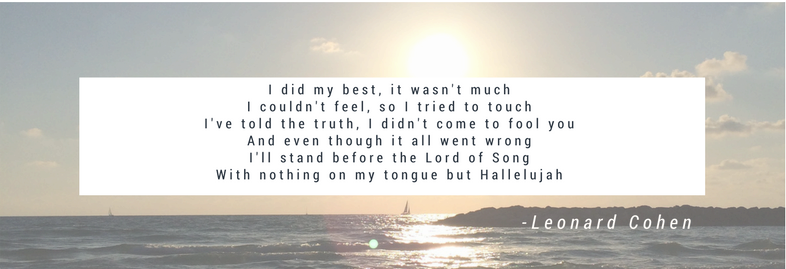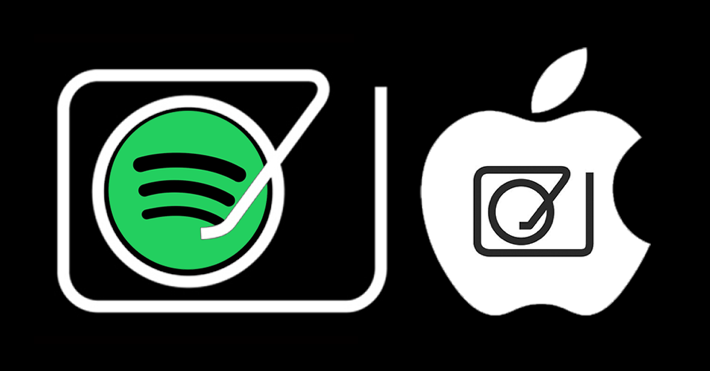Today, we’re featuring Gigmor artist, Mainman, an Indie/Alternative band based in Los Angeles, California. Mainman found their sound by combining indie/psychedelic rock with surf and turf funk to create a repertoire of sundry tunes. The band’s song list includes a combination of originals and covers, each bringing a distinct new blend of sound. Check out their hit song “WWH” and the official music video that throws us back to the psychedelic visual-tint that we didn’t know we missed.
The band consists of four members. Lead singer Morgan Demeter’s voice is emotionally agitated and dimensional but soothing to the ear. He is backed by former Bear On Fire members; Chris Mintz-Plasse brings a smooth, steady yet moody foundation with the bass, while Nick Chamian sings along with Demeter on his guitar in his epic solos and consistently rich sound. The Hammerheads’ Ryan Dean’s command and ease with the drums binds together the group in performance, marrying the complication of sounds into a cohesive mix and makes the unexpected sound simple. Watch them playing “Feeling” live, “jammin’ in the van” in Ventura, CA back in May 2017.
Mainman is a fairly new group to the music scene – Wikipedia still hasn’t updated Mint-Plasse’s band-affiliation from his old one. Nevertheless, these guys are venturing into the music scene together with years of individual experience and a general love for making music. All of them are Los Angeles natives and still live in Southern California, a perfect hub for their style of music. They like to experiment and learn, and fluctuate between innovative original songs and some fun covers, and even some mixing. Listen to their “Vilify” mixed with their cover of Kendrick Lamar’s popular “Bitch Don’t Kill My Vibe” performed at a small private concert, featuring their friend Quintin ArsNova Pooler on keyboards.
Want more of their smooth, psychedelic, melancholy funk? Follow Mainman on Gigmor to get access to their music, social media pages, and gigging history so you can know when their next concert is. If you’re going to be in Los Angeles on January 12th come to Mainman’s show at the Satellite (buy your tickets here)!




